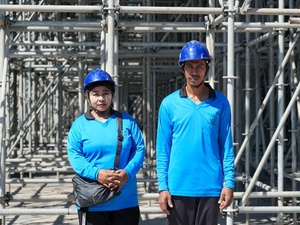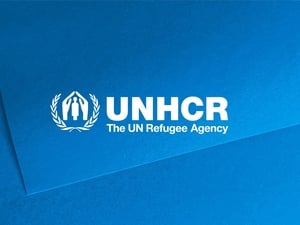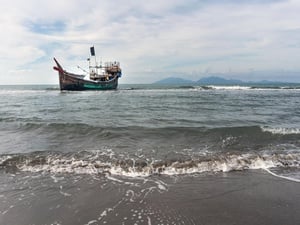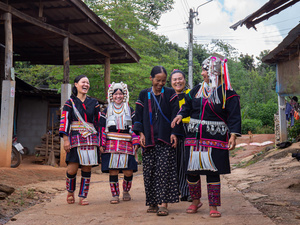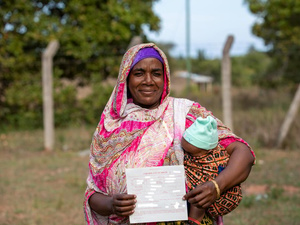Thailand: UNHCR concerned over return of Lao Hmong
Thailand: UNHCR concerned over return of Lao Hmong
UNHCR has written to the Thai government expressing concern over the return of 837 Lao Hmong from Thailand last Sunday, 22 June. The operation came after a mass protest by thousands of Lao Hmong who broke out of a camp in Phetchabun Province run by the Thai Army. The lack of transparency and the absence of any third party to monitor the return operation makes it impossible to verify the voluntary nature of the repatriation.
UNHCR is particularly concerned that a group of eight leaders and their families - 18 people in all - appear to have been deported against their will Sunday morning without any determination of whether they were in need of international protection. This may have been a breach of the principle of non-refoulement, which means that no refugee or asylum-seeker should be forced to return to a country where he or she could face persecution.
For the remaining 819 who were sent back to Laos on Sunday evening, the repatriation appears to have taken place in conditions that raise doubts about the meaningful exercise of voluntary choice, and without any prior adjudication of asylum claims. We are also afraid that since the return was carried out so precipitously, families may have been separated in the process.
UNHCR, which has never had access to the group of about 8,000 Lao Hmong in Ban Huay Nam Khao camp in Phetchabun Province, has long urged that a proper screening be done to identify which of the group are in need of international protection.
UNHCR stands ready to help the Thai and Lao governments and feels the involvement of UNHCR would be helpful in managing the situation of the Lao Hmong, restoring confidence and guaranteeing the appropriate transparency in the search for humanitarian solutions for the Lao Hmong.
UNHCR also notes that there are international standards for voluntary repatriations, which include counselling for those contemplating return and a voluntary return document that includes a photograph of the person, a statement requesting return to their country and a signature. In addition, the person has a right to change his or her mind at any point. Independent third-party monitoring also contributes to international confidence in the process.


